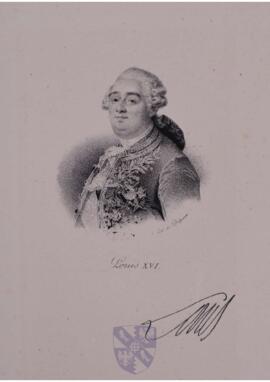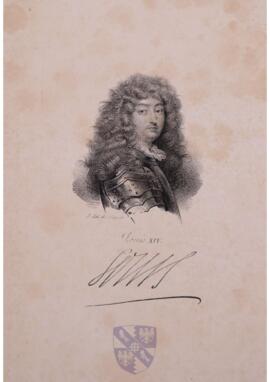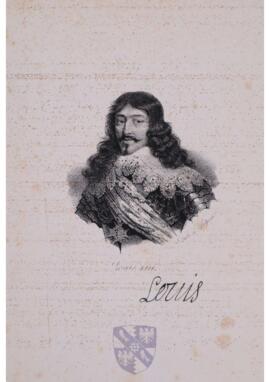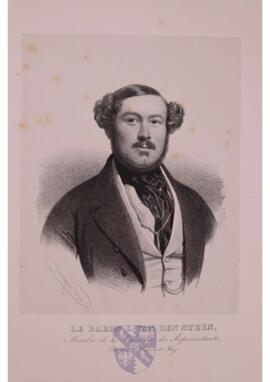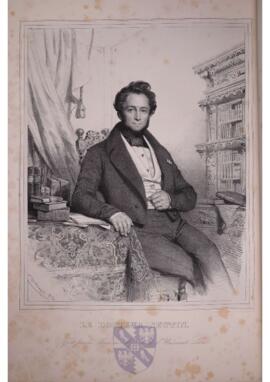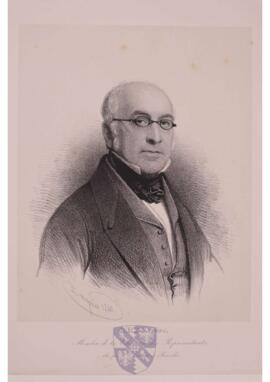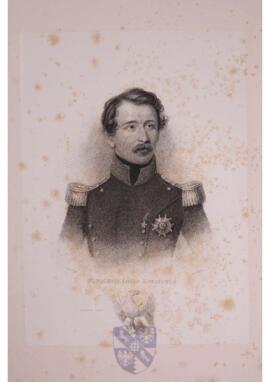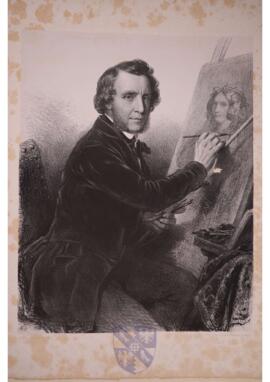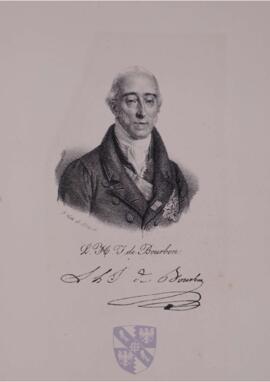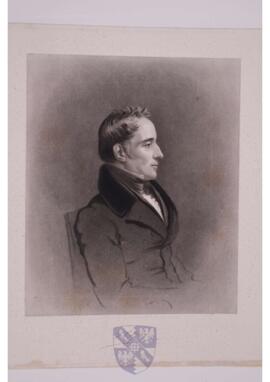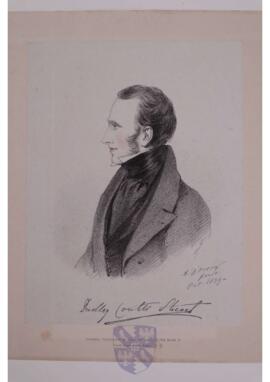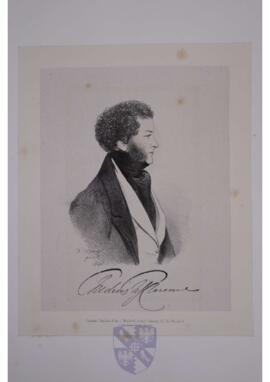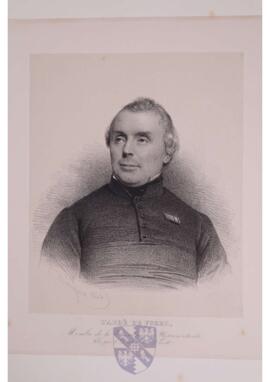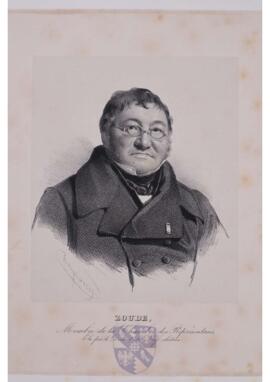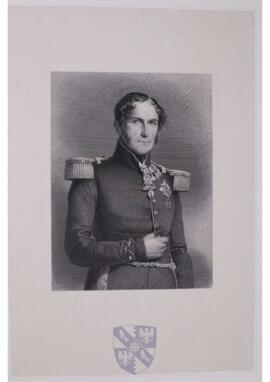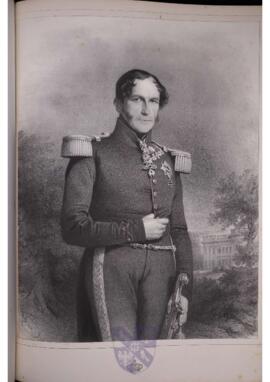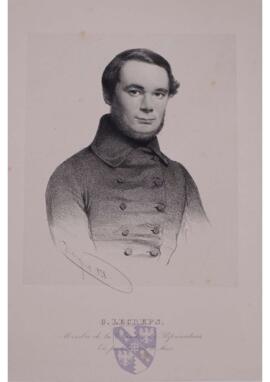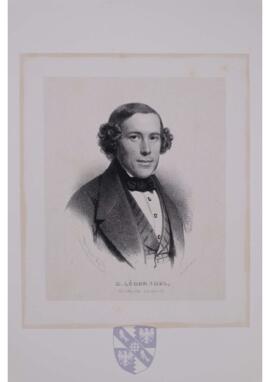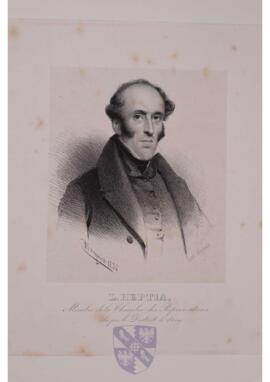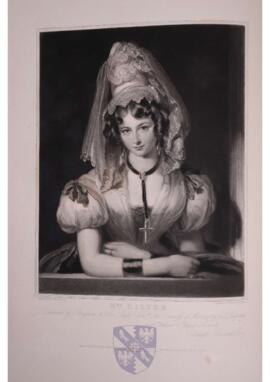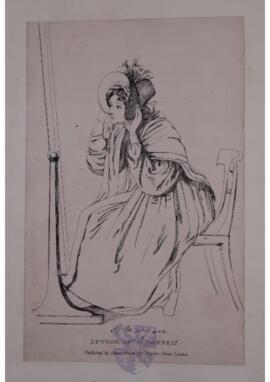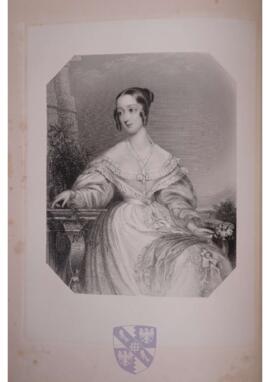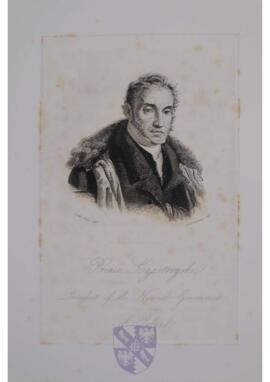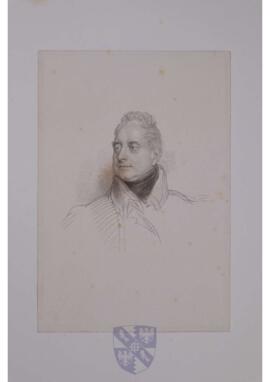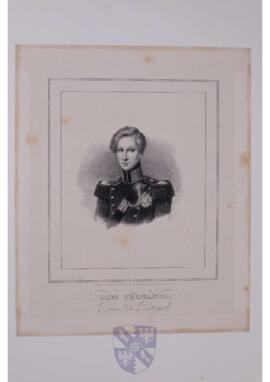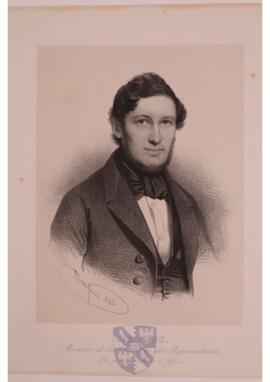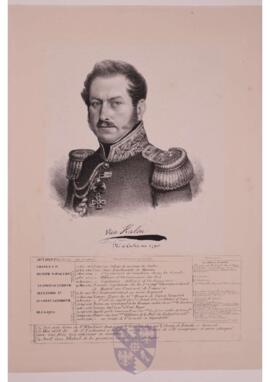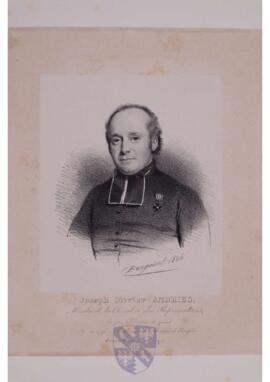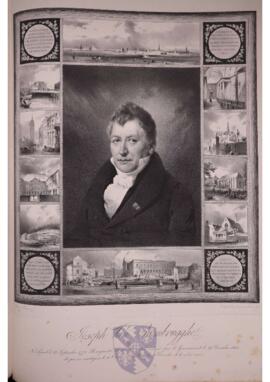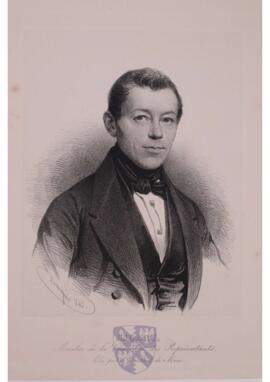MCOL/Van de Weyer Albums/Album 7/f.6v item 2
·
Item
·
undated
Part of Old Library
2079 results with digital objects
Show results with digital objects
MCOL/Van de Weyer Albums/Album 7/f.5v
·
Item
·
undated
Part of Old Library
MCOL/Van de Weyer Albums/Album 7/f.4v
·
Item
·
undated
Part of Old Library
MCOL/Van de Weyer Albums/Album 2/f.45r
·
Item
·
1840
Part of Old Library
MCOL/Van de Weyer Albums/Album 3/f.82v
·
Item
·
1838
Part of Old Library
MCOL/Van de Weyer Albums/Album 2/f.51r
·
Item
·
1842
Part of Old Library
MCOL/Van de Weyer Albums/Album 4/f.2v
·
Item
·
30 October 1836
Part of Old Library
MCOL/Van de Weyer Albums/Album 2/f.112r
·
Item
·
undated
Part of Old Library
MCOL/Van de Weyer Albums/Album 7/f.13v
·
Item
·
undated
Part of Old Library
MCOL/Van de Weyer Albums/Album 1/f.116r
·
Item
·
1833
Part of Old Library
MCOL/Van de Weyer Albums/Album 5/f.129v
·
Item
·
October 1839
Part of Old Library
MCOL/Van de Weyer Albums/Album 1/f.15v
·
Item
·
1841
Part of Old Library
MCOL/Van de Weyer Albums/Album 3/f.22v
·
Item
·
1842
Part of Old Library
MCOL/Van de Weyer Albums/Album 2/f.28r
·
Item
·
1839
Part of Old Library
MCOL/Van de Weyer Albums/Album 4/f.46r
·
Item
·
undated
Part of Old Library
MCOL/Van de Weyer Albums/Album 4/f.45r
·
Item
·
1841
Part of Old Library
MCOL/Van de Weyer Albums/Album 2/f.67r
·
Item
·
1838
Part of Old Library
MCOL/Van de Weyer Albums/Album 2/f.50r
·
Item
·
1840
Part of Old Library
MCOL/Van de Weyer Albums/Album 2/f.76r
·
Item
·
1836
Part of Old Library
MCOL/Van de Weyer Albums/Album 5/f.80v
·
Item
·
1 October 1834
Part of Old Library
MCOL/Van de Weyer Albums/Album 6/f.18v
·
Item
·
undated
Part of Old Library
MCOL/Van de Weyer Albums/Album 5/f.64v
·
Item
·
undated
Part of Old Library
MCOL/Van de Weyer Albums/Album 1/f.2v
·
Item
·
undated
Part of Old Library
MCOL/Van de Weyer Albums/Album 4/f.49r
·
Item
·
c.1831
Part of Old Library
MCOL/Van de Weyer Albums/Album 4/f.40r
·
Item
·
undated
Part of Old Library
MCOL/Van de Weyer Albums/Album 3/f.60v
·
Item
·
1842
Part of Old Library
MCOL/Van de Weyer Albums/Album 2/f.32r
·
Item
·
1839
Part of Old Library
MCOL/Van de Weyer Albums/Album 2/f.6r
·
Item
·
1836
Part of Old Library
MCOL/Van de Weyer Albums/Album 2/f.87r
·
Item
·
undated
Part of Old Library
MCOL/Van de Weyer Albums/Album 2/f.41r
·
Item
·
1842
Part of Old Library
